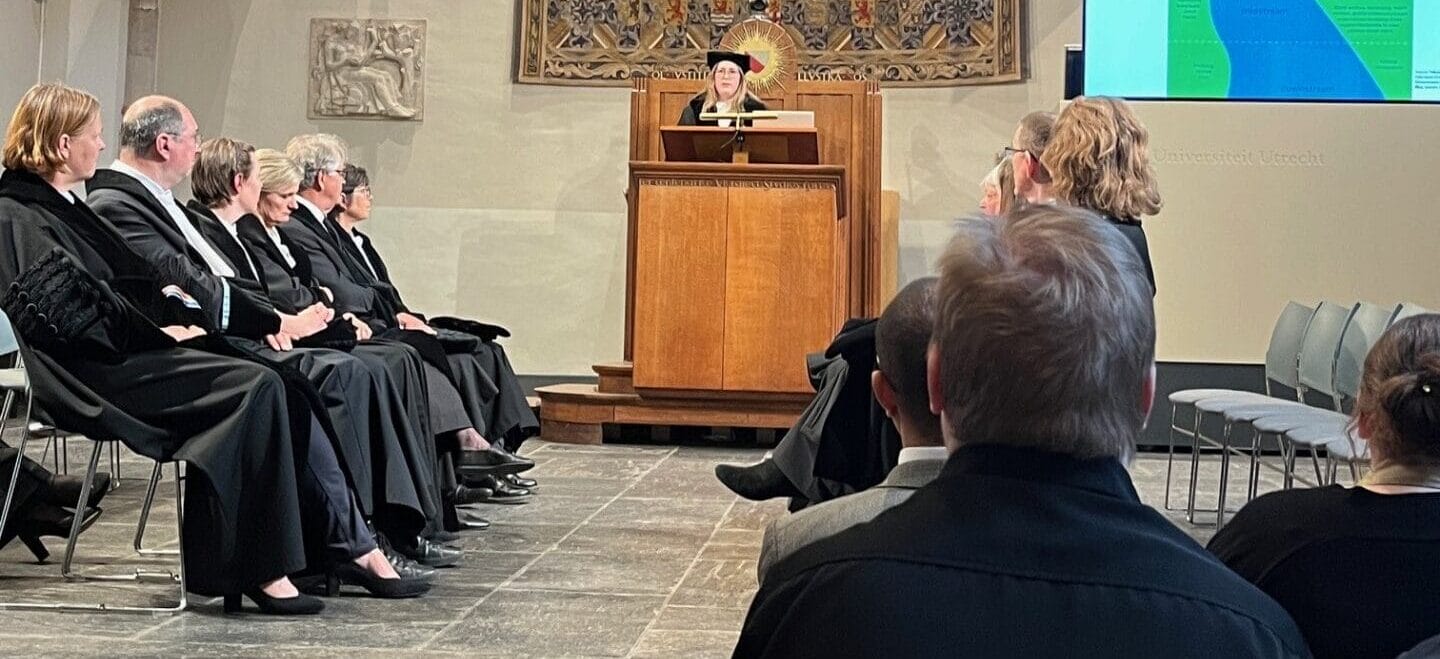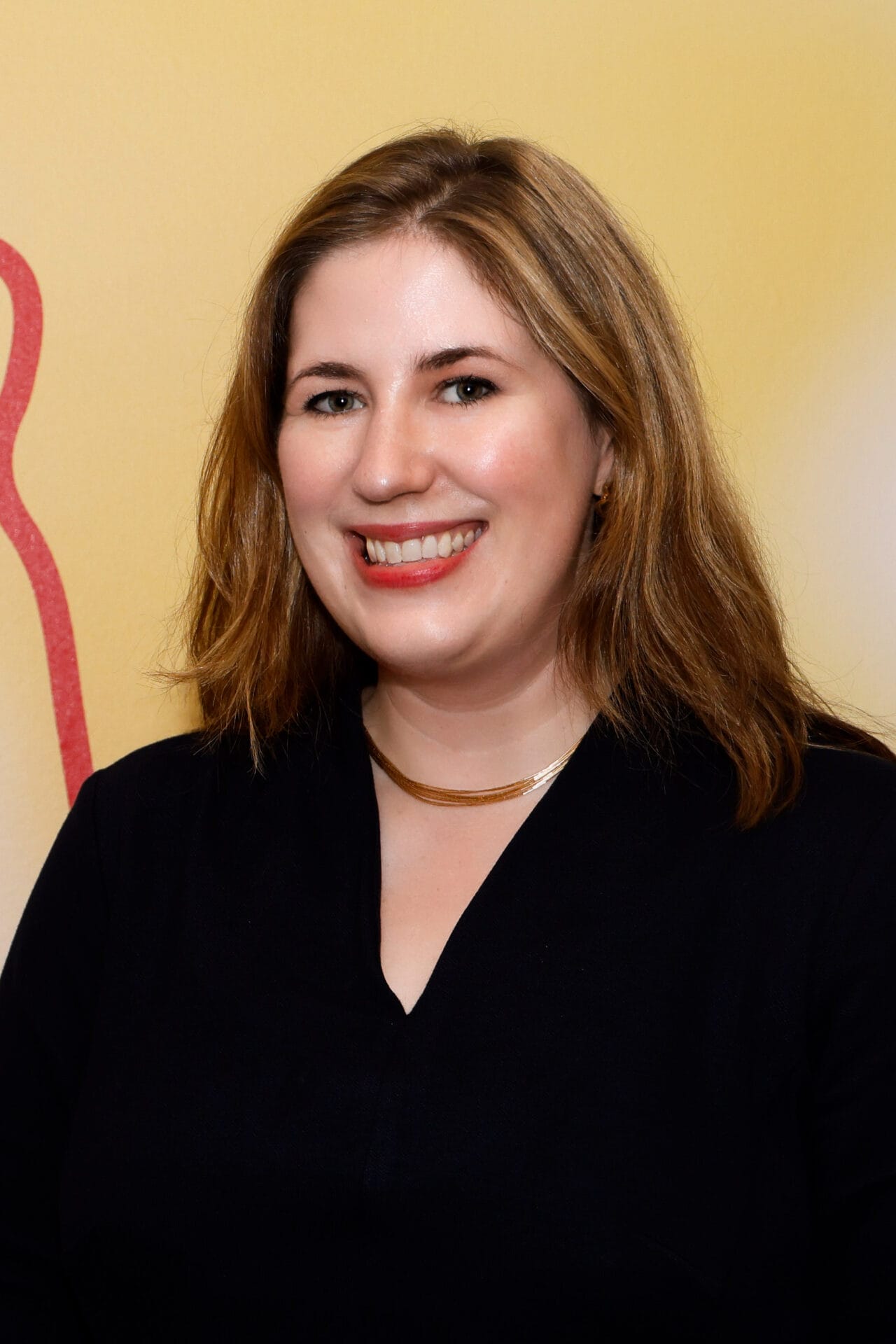Inaugural lecture Prof. Dr.Laura Shields-Zeeman: widening our lens to focus on the broader determinants of mental health

What actually is mental health, how can we promote it as best as possible and what is the role of policy makers, healthcare professionals, researchers and systems in this? Prof. Dr.r. Laura Shields-Zeeman will share insights on this topic in her inaugural lecture as endowed professor established by the Trimbos Institute at Utrecht University on May 6th, 2024, entitled 'Swimming Upstream'.
When we talk about promoting mental health, we quickly think of the degree of someone’s individual resilience and with psychological complaints the focus is often on tackling individual symptoms. However, mental health is a continuum that depends not only on the individual, but also on the situation a person is in and responding to. In addition to individual factors, it also has social factors and is partly dependent on the structural systems around us.
Swimming upstream; a broader view
Prof. Dr. Shields-Zeeman therefore made a plea not only to save people who have fallen through the cracks and ‘fallen into the water’, but to look against the current for causes of mental (un)health. To look more broadly than just at the individual and healthcare. Because what are the underlying factors that influence well-being? And why is it so difficult to figure this out correctly?
Mental health in all policies
Due to her personal experiences in different countries as a child and young person, Prof. Dr. Shields was fascinated by psychology at an early age. From an interest in where mental health came from and neuro- and clinical psychology, her attention shifted to public health. The turning point was the move to the United States. She saw that there were also various systems and domains outside healthcare that could influence people’s mental health, such as study, living and work. In her inaugural lecture, she made a plea to take mental health out of the domain of healthcare and build bridges to other domains to work on promoting mental health.
Building bridges
And what is the role of the policymaker, the healthcare professional, the researcher and the people in the various systems and domains in building those bridges? What can we do in our role to strengthen those bridges and reduce the underlying causes of mental illness? Can the community and organizational approach be used for this and if so, how?
Interdisciplinary knowledge agenda
Finally, can we arrive at an interdisciplinary and scientific knowledge agenda together? What steps should we take? What are the outstanding questions and what should we work on together through thorough scientific research to arrive at sound advice to jointly reduce the impact of the factors that influence mental health? Like Prof. Shields mentioned: “It’s not one size fits all. It’s complex. But necessary.”
More information
More information about mental health at all stages of life and across all domains can be found here (in Dutch).




